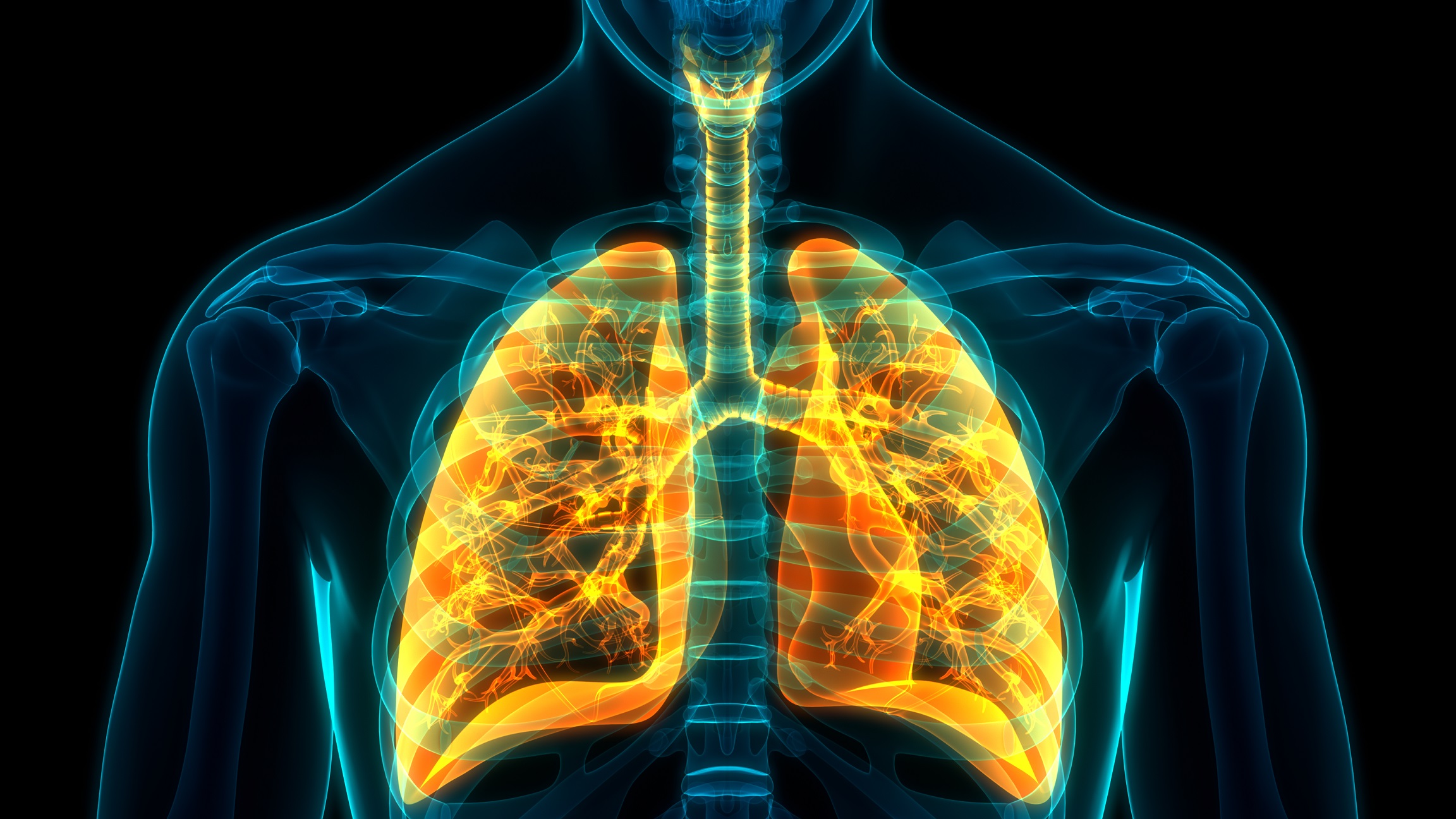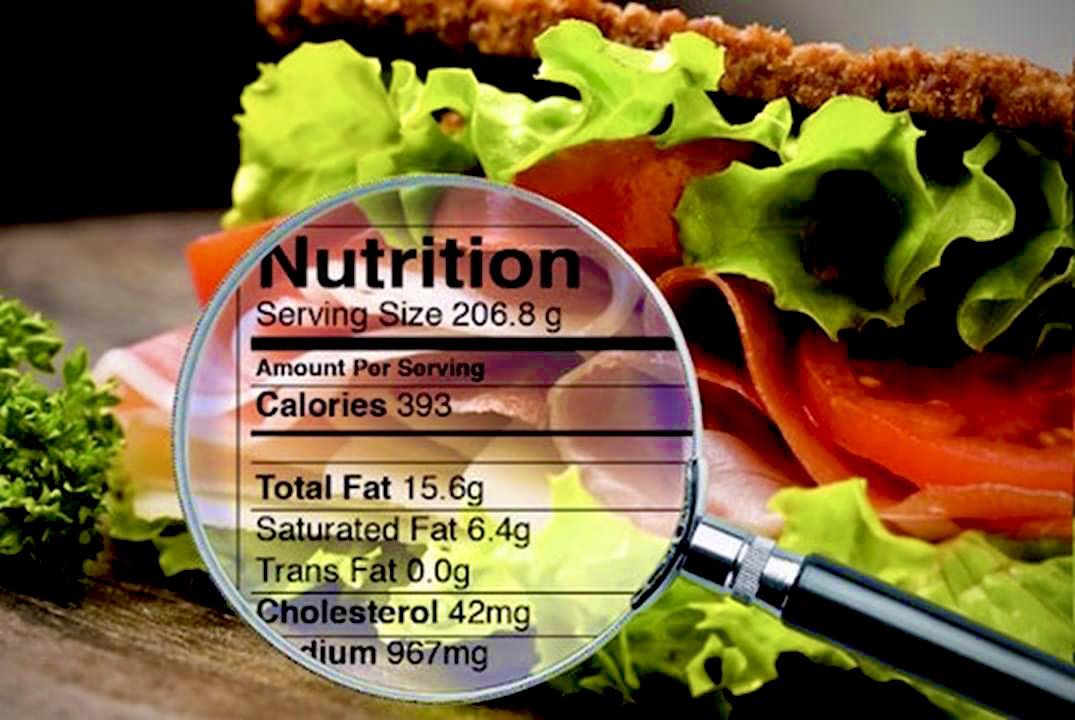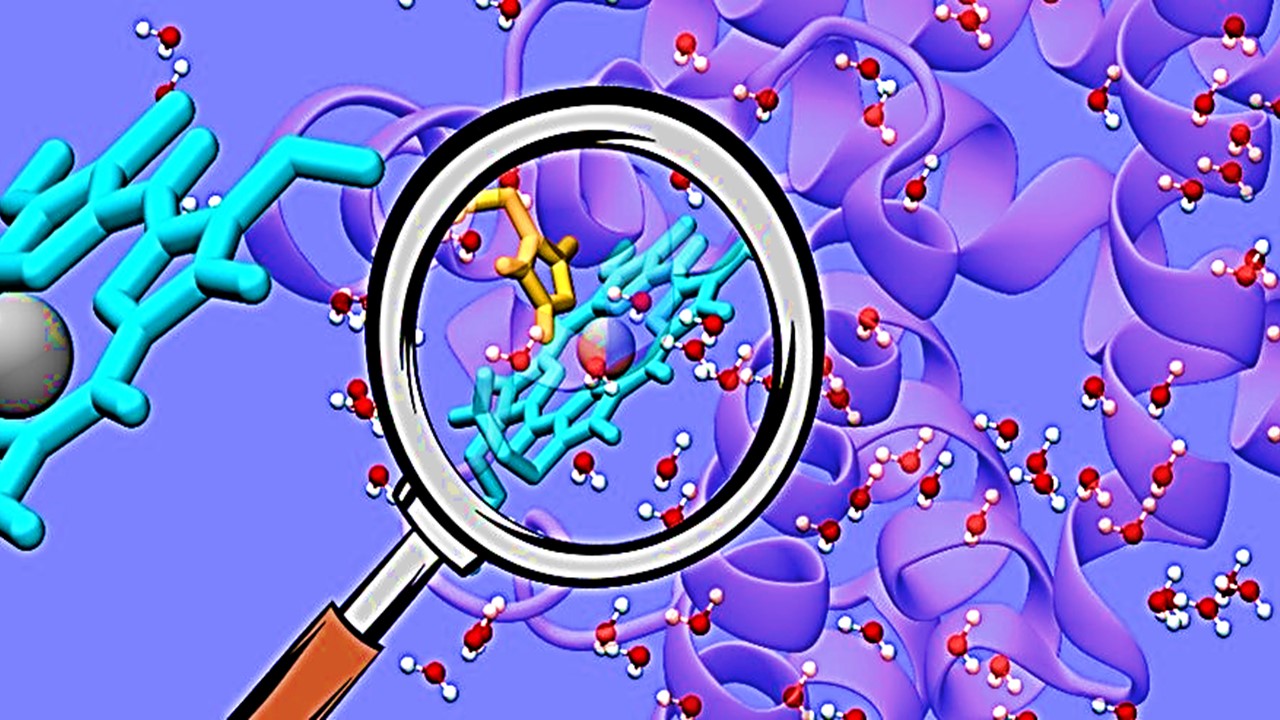Millions of individuals throughout the world suffer from the chronic condition of diabetes. The majority of occurrences of diabetes, type 2, are avoidable and mostly caused by lifestyle choices. In a recent study, the global burden of incidence type 2 diabetes linked to poor diet was investigated. It was published in the journal Nature Medicine.
A large share of incident type 2 diabetes cases worldwide were linked to poor eating, according to the study, which examined data from 184 nations. The results of the study emphasize the value of a balanced diet in preventing and controlling type 2 diabetes.
What is Suboptimal Diet?
A diet that falls short of the advised amounts of important nutrients, such as fruits, vegetables, whole grains, nuts, and seeds, is referred to as a suboptimal diet. In addition, it is characterized by excessive levels of saturated and trans fats as well as unhealthy diets such processed and sugary foods.
The Link Between Suboptimal Diet and Type 2 Diabetes
A large fraction of incident type 2 diabetes cases worldwide were shown to be caused by unhealthy diets, according to the study. Given the established connection between diet and type 2 diabetes development, this is not shocking. Suboptimal diets are characterized by high intakes of harmful items such processed meals, sugary drinks, and saturated fats and low intakes of essential nutrients like fiber, vitamins, and minerals. Such diets result in a number of metabolic alterations in the body that aid in the onset of type 2 diabetes.
The detrimental effects of a poor diet on insulin sensitivity are one of the main factors relating them to type 2 diabetes. Insulin is a hormone that controls blood sugar levels by making it easier for cells to take in glucose. Insulin resistance, a disease where the body’s cells become less receptive to insulin, can result from unhealthy diets, particularly those high in processed foods and sugary beverages. Blood sugar levels increase as a result, which causes hyperglycemia, a defining feature of type 2 diabetes.
The detrimental effects of a poor diet on glucose tolerance are a further element relating poor nutrition and type 2 diabetes. The body’s capacity to withstand a sharp increase in blood sugar levels following a meal is known as glucose tolerance. By forcing the pancreas to release too much insulin in response to a meal and resulting in hypoglycemia, or low blood sugar levels, a poor diet can impair glucose tolerance. This can eventually result in type 2 diabetes and insulin resistance.
Another important link between a poor diet and type 2 diabetes is inflammation. High intakes of saturated and trans fats, which can lead to inflammation in the body, are a common feature of unhealthy diets. Insulin sensitivity may be impaired by long-term inflammation, which may progress to insulin resistance and type 2 diabetes.
Furthermore, suboptimal diet has been shown to contribute to obesity, which is a major risk factor for type 2 diabetes. Obesity is often the result of consuming too many calories and not getting enough physical activity.
Preventing and Managing Type 2 Diabetes Through Diet
The results of the study highlight how crucial a balanced diet is for managing and preventing type 2 diabetes. Obesity risk can be decreased and insulin sensitivity, glucose tolerance, and inflammation can all be improved with a diet high in fruits, vegetables, whole grains, nuts, and seeds and low in processed, sugary, and saturated and trans fats.
Moreover, dietary interventions have been shown to be effective in preventing and managing type 2 diabetes. Several studies have demonstrated that dietary modifications can improve glycemic control and reduce the need for diabetes medication in individuals with type 2 diabetes.
One dietary intervention that has gained popularity in recent years is a low-carbohydrate, high-fat (LCHF) diet. This diet is characterized by a low intake of carbohydrates, a moderate intake of protein, and a high intake of healthy fats. LCHF diets have been shown to improve insulin sensitivity, lower blood sugar levels, and reduce the need for diabetes medication in individuals with type 2 diabetes.
In addition to LCHF diets, other dietary interventions that have been shown to be effective in preventing and managing type 2 diabetes include a plant-based diet, a Mediterranean-style diet, and a low-glycemic index (GI) diet. These diets are characterized by a high intake of whole foods, such as fruits, vegetables, whole grains, legumes, and nuts, and a low intake of processed and sugary foods.
Several mechanisms have been proposed to explain the beneficial effects of these dietary interventions on type 2 diabetes. For example, LCHF diets may improve glycemic control by reducing the intake of carbohydrates, which can cause a rapid rise in blood sugar levels. In contrast, a high intake of healthy fats may improve insulin sensitivity and reduce inflammation, leading to improved glucose metabolism.
Similarly, plant-based and Mediterranean-style diets may improve glycemic control by providing a high intake of fiber, vitamins, and minerals, which can improve insulin sensitivity and reduce inflammation. Additionally, these diets may improve lipid profiles, blood pressure, and cardiovascular health, all of which are important risk factors for type 2 diabetes.
Conclusion
The study’s findings highlight the global impact of suboptimal diet on the incidence of type 2 diabetes. Preventing and managing type 2 diabetes through diet is essential for reducing the burden of this disease worldwide. A healthy diet that is rich in whole foods and low in processed and sugary foods is key to improving insulin sensitivity, glucose tolerance, and inflammation, and reducing the risk of obesity. By making healthy dietary choices, individuals can take a proactive approach to preventing and managing type 2 diabetes.
Study DOI: 10.1038/s41591-023-02278-8
Subscribe
to get our
LATEST NEWS
Related Posts

Sleep, Nutrition & Exercise
Breathing Easier with Omega-3: A Promising Link to Lung Health
The NIH-funded study highlighting the potential connection between omega-3 fatty acids and lung health marks a significant stride towards precision nutrition.

Sleep, Nutrition & Exercise
Embracing a Healthier Future: Insects as Key Players in Sustainable Nutrition
Edible insects – valuable food sources of a healthier future.
Read More Articles
Synthetic Chemistry’s Potential in Deciphering Antimicrobial Peptides
The saga of antimicrobial peptides unfolds as a testament to scientific ingenuity and therapeutic resilience.












